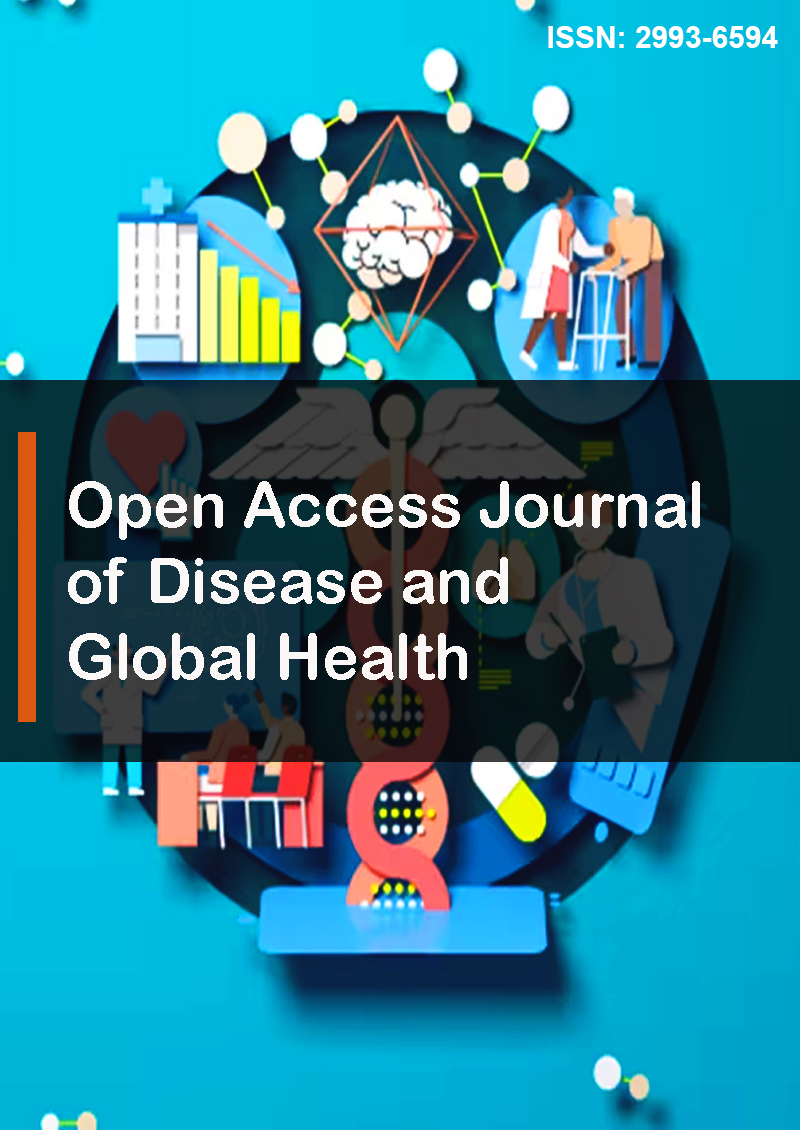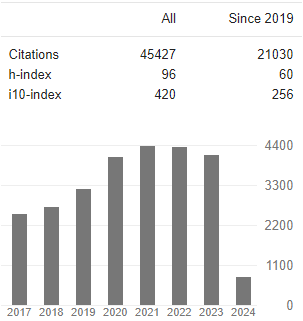What is the Community of Angorom in Busia County Doing About Modifiable Risk Factors for Non-Communicable Diseases?
Abstract
William N. Okedi, Caroline Wakoli and Prudence Yawetsi
Introduction: We contacted this study to identify what the community in Angorom ward of Busia County is doing about modifiable factors (tobacco use; inactivity; diet- types of foods eaten;) for the prevention of Non-communicable diseases and to determine the prevalence of hypertension and Diabetes.
Materials &Methods: We conducted this study to generate critical information which was not available but was needed for formulation of evidence- based prevention and control policies and programmes for non-communicable diseases. A cross sectional research design which enabled the collection of data from different respondents at a single point in time was chosen for this study. We used document analysis, interview guides and key informant interviews to collect the data. The study population is approximately 10,337 from which we systematically sampled 102 heads of households from lists of households in the three Community Health Units in Angorom ward. We used SPSS programme for analyzing quantitative data and descriptive statistics to describe the basic features of the data. We analyzed Qualitative data using thematic analysis and emerging themes distilled and presented in text format.
Results: We found that 19.4 % of household heads reported use of tobacco by a member/s of their households aged 36 years above. Youth aged 13- 18 were not initiated to tobacco smoking. The foods eaten in the study households were high in carbohydrates and lacking in protective foods (fruits and vegetables) and in animal proteins (beef, chicken, fish) and plant proteins (beans, peas, green grans). We found the prevalence of cardiovascular diseases (hypertension) to be 19.4% and (Diabetes) at 9.4% The level of inactivity in the study area is high but some activities such as digging, planting and harvesting was difficult to measure and quantify as per the WHO standards.
Conclusion & Recommendations: Based on the surprise result that youth aged 13-18 years were not initiated to tobacco smoking, we concluded that there is need to nurture and sustain this trend by the community, county governments and stakeholders working within the youth sector. We also concluded that the finding seems at odds with the popular youth culture and calls for further research. We established that the diet in Angorom ward is high in carbohydrates (ugali, chapatti, rice) and deficient in protective foods (vegetables and fruits) as well as in animal (beef, chicken, fish) and plant (beans, green grams). We recommend that the county government enhances field extension services to farmers to increase animal and crop production as well as launch sustained nutrition education programs. We concluded that the prevalence of cardiovascular diseases (hypertension and Diabetes) is of concern and calls for urgent measures especially screening for non-communicable diseases to enable early identification, management and establishing health promotion interventions by the county government.




